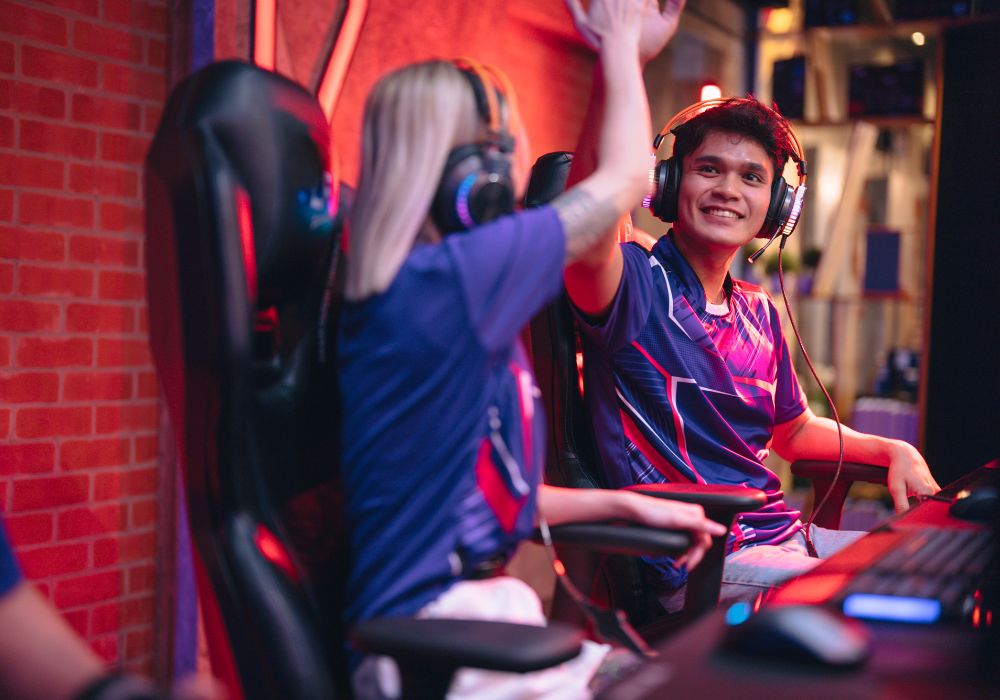In recent years, esports gaming has surged in popularity worldwide, captivating millions of enthusiasts and evolving into a multi-billion-dollar industry. In the Philippines, this trend has not gone unnoticed, with an increasing number of individuals considering esports gaming courses as a potential career path. However, the question remains: Are these courses truly worth pursuing in the Philippine context?
The answer to this question depends on various factors, including individual interests, career goals, and the quality of education and opportunities available in the esports industry. Here are some considerations to weigh when evaluating the value of esports gaming courses in the Philippines:
- Rapid Growth of the Esports Industry: The esports industry in the Philippines is experiencing rapid growth, fueled by a burgeoning fan base, increasing investments from stakeholders, and the rise of professional esports teams and tournaments. As such, there is a growing demand for skilled professionals in various aspects of esports, including gaming, event management, marketing, and content creation.
- Diverse Career Opportunities: Contrary to popular belief, esports offers a wide range of career opportunities beyond professional gaming. Individuals with skills in game design, esports management, marketing, broadcasting, and event production are in high demand within the industry. Esports gaming courses can provide the necessary training and knowledge to pursue these diverse career paths.
- Networking and Industry Connections: Enrolling in esports gaming courses can provide valuable networking opportunities and industry connections. Many educational institutions offering esports programs have partnerships with esports organizations, gaming companies, and industry professionals, allowing students to gain hands-on experience and access to job opportunities.
- Skill Development and Specialization: Esports gaming courses often focus on developing specific skills and expertise relevant to the industry, such as game strategy, team management, event planning, and content creation. By honing these skills through structured coursework and practical training, students can enhance their employability and competitiveness in the job market.
- Global Recognition and Accreditation: Some esports gaming courses in the Philippines are affiliated with reputable international organizations and universities, providing students with globally recognized certifications and qualifications. This can be particularly advantageous for those aspiring to work in the global esports industry or pursue further education abroad.
- Potential Challenges and Considerations: Despite the growing opportunities in the esports industry, it is essential to approach esports gaming courses with realistic expectations. Competition for jobs in the industry can be fierce, and success often requires dedication, perseverance, and a willingness to continuously learn and adapt to new trends and technologies. Additionally, the quality and reputation of esports programs may vary, so thorough research and due diligence are essential when selecting a course or educational institution.
In conclusion, esports gaming courses can be worth pursuing in the Philippines for individuals passionate about gaming and interested in building a career in the dynamic and fast-growing esports industry. By carefully evaluating the available opportunities, considering individual strengths and interests, and choosing reputable educational programs, aspiring esports professionals can position themselves for success in this exciting and evolving field.











